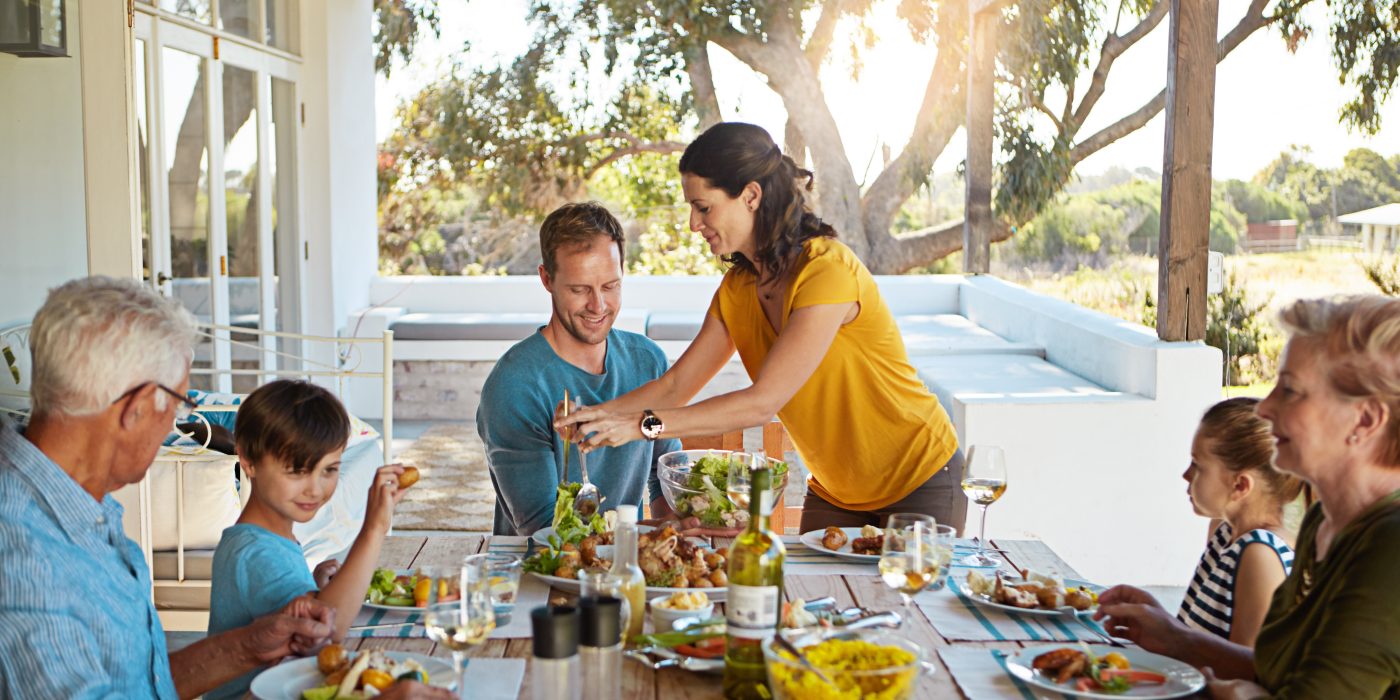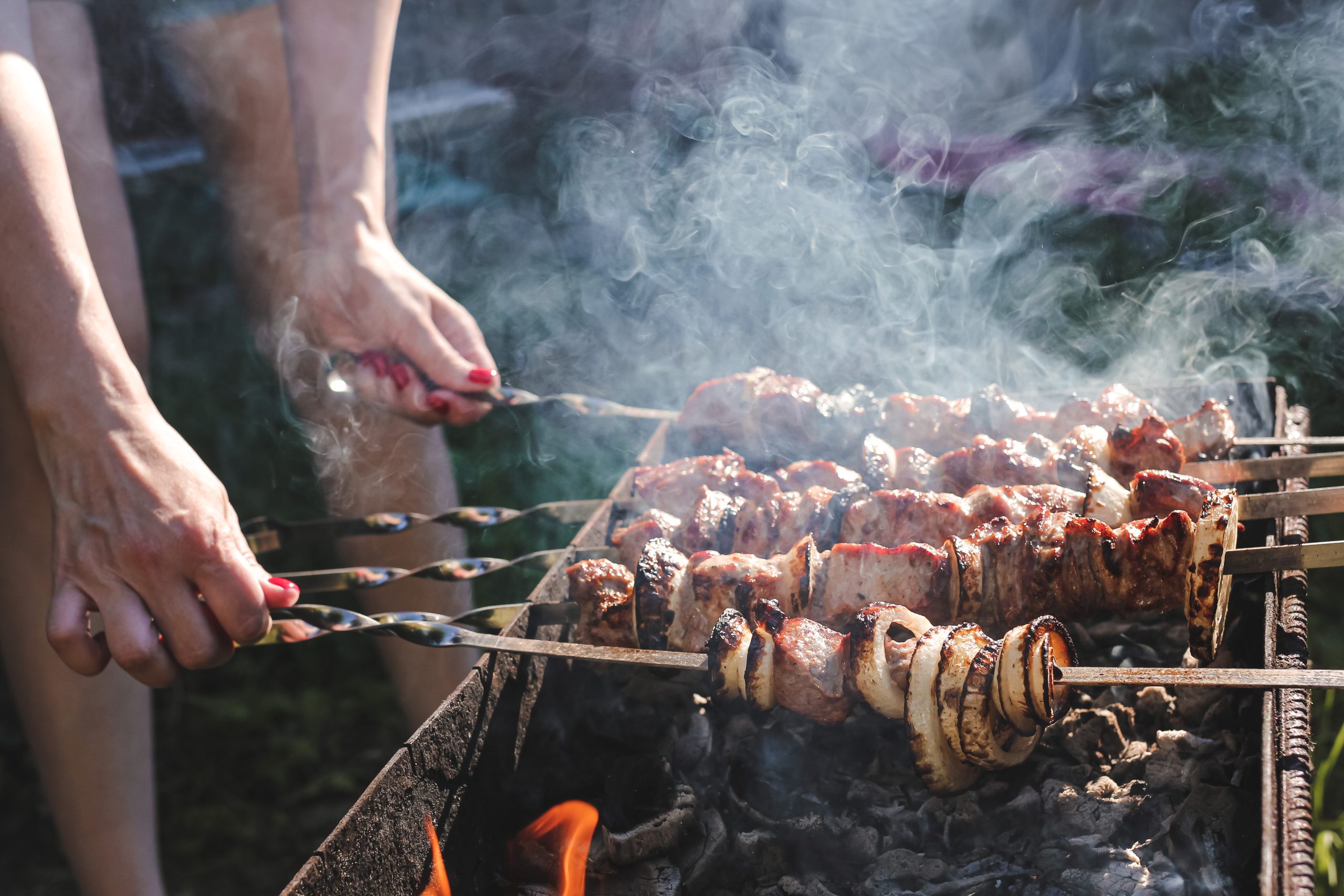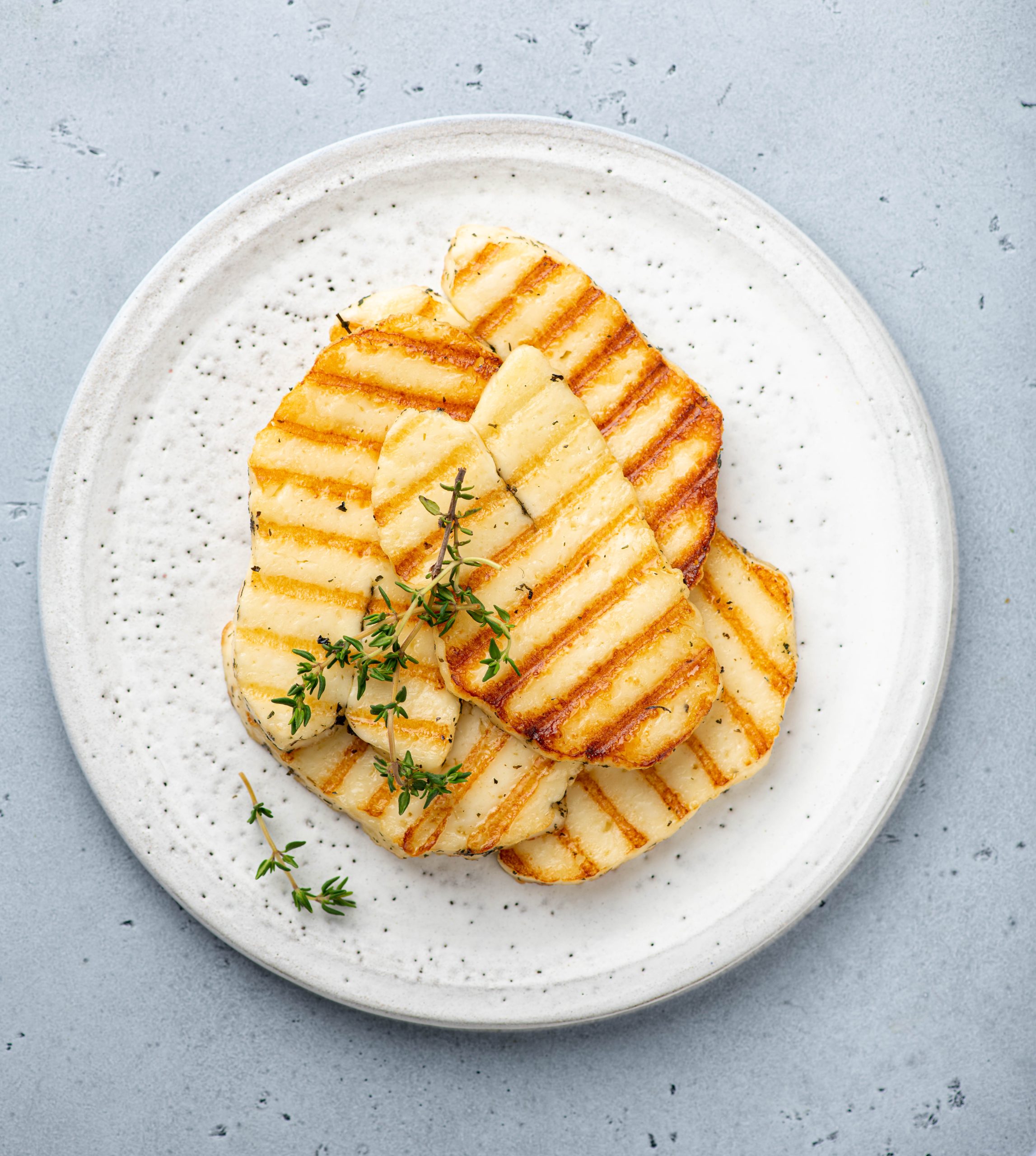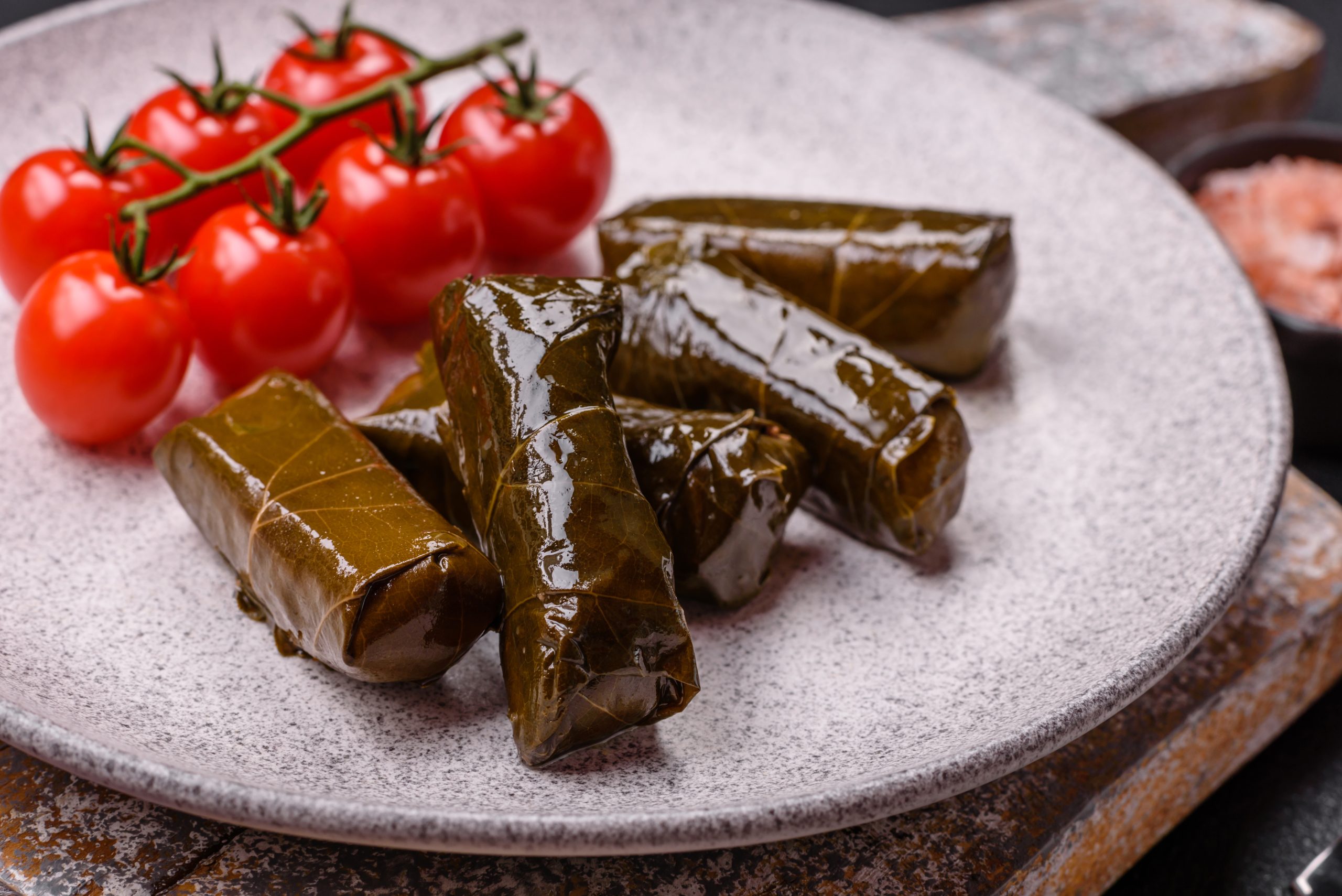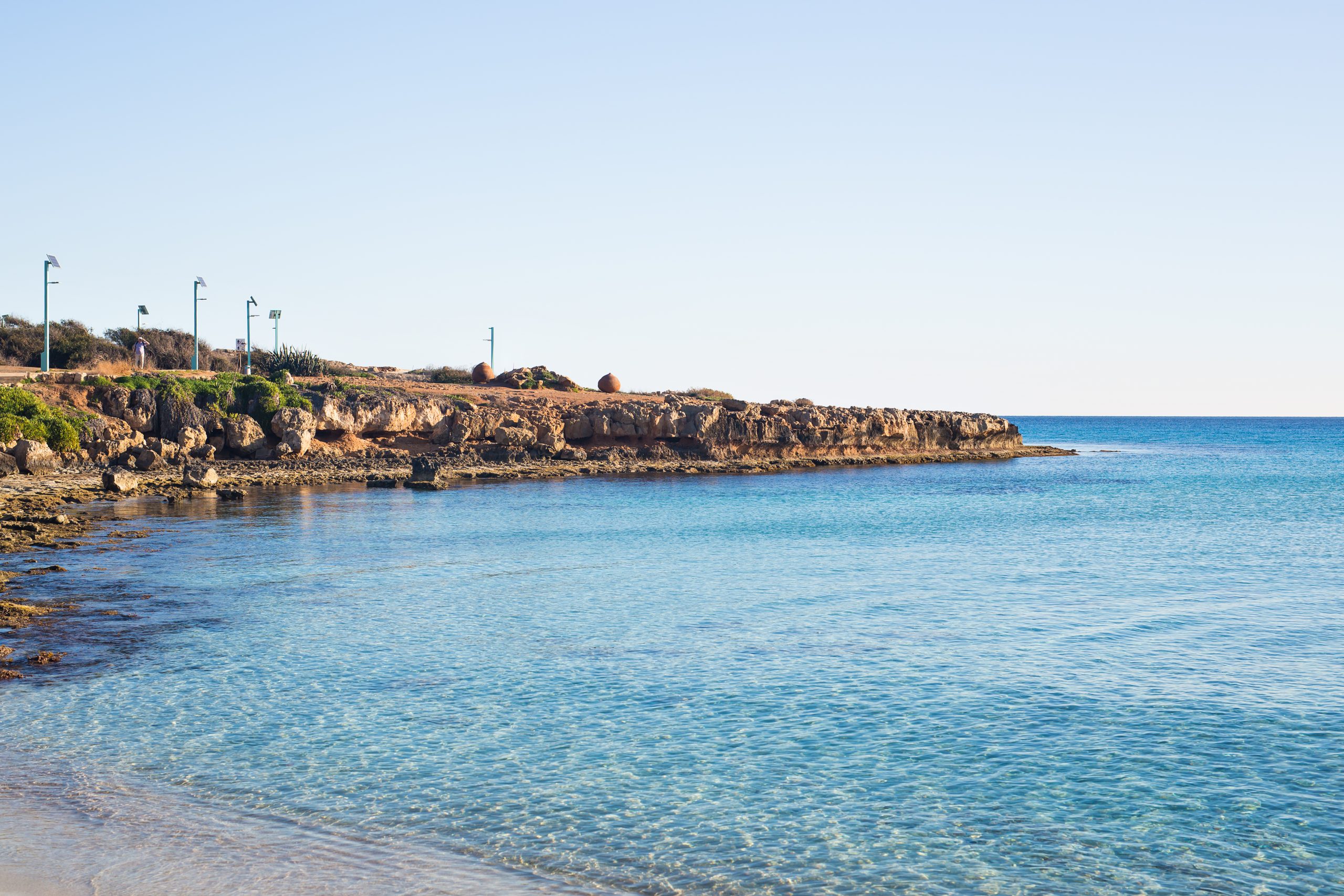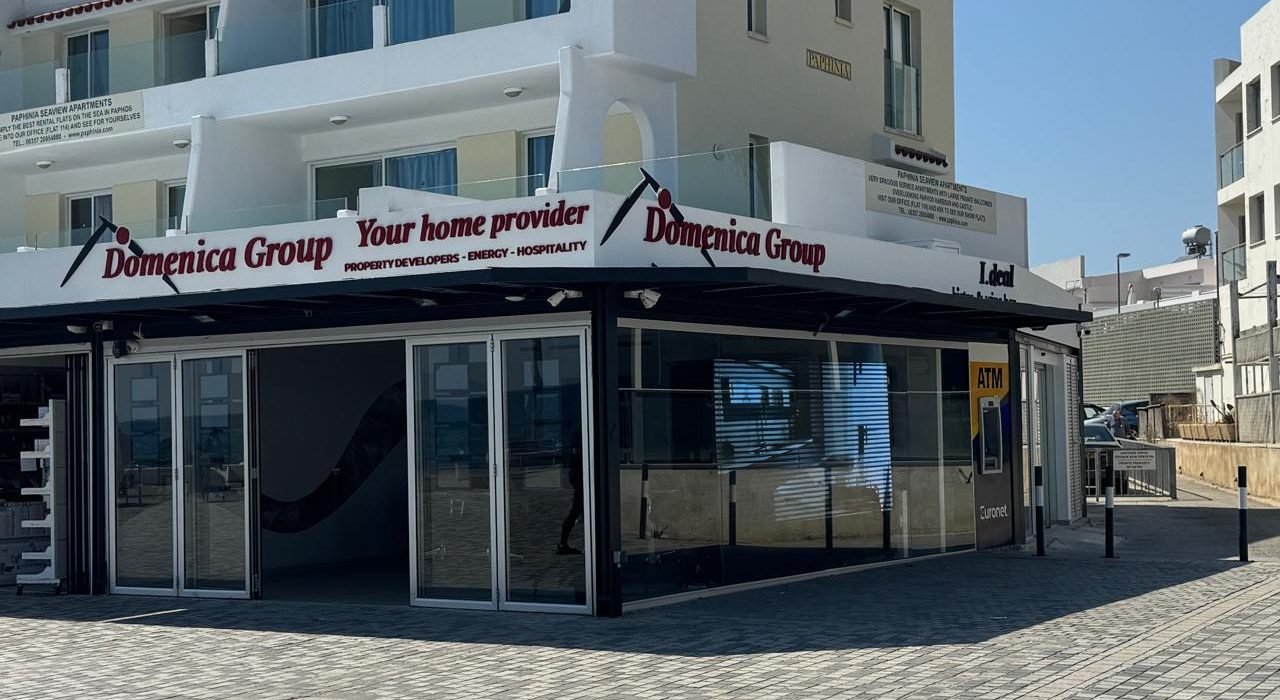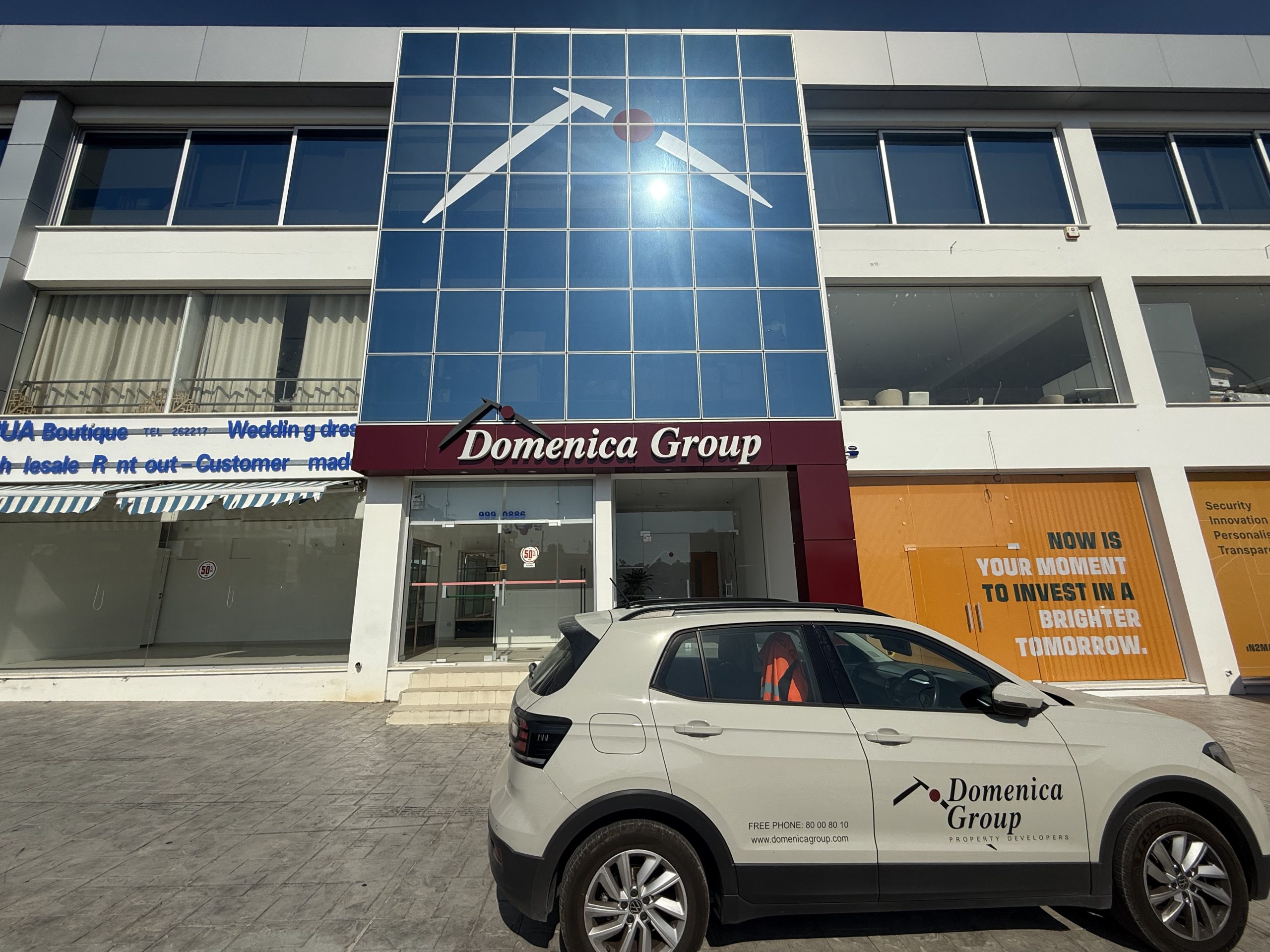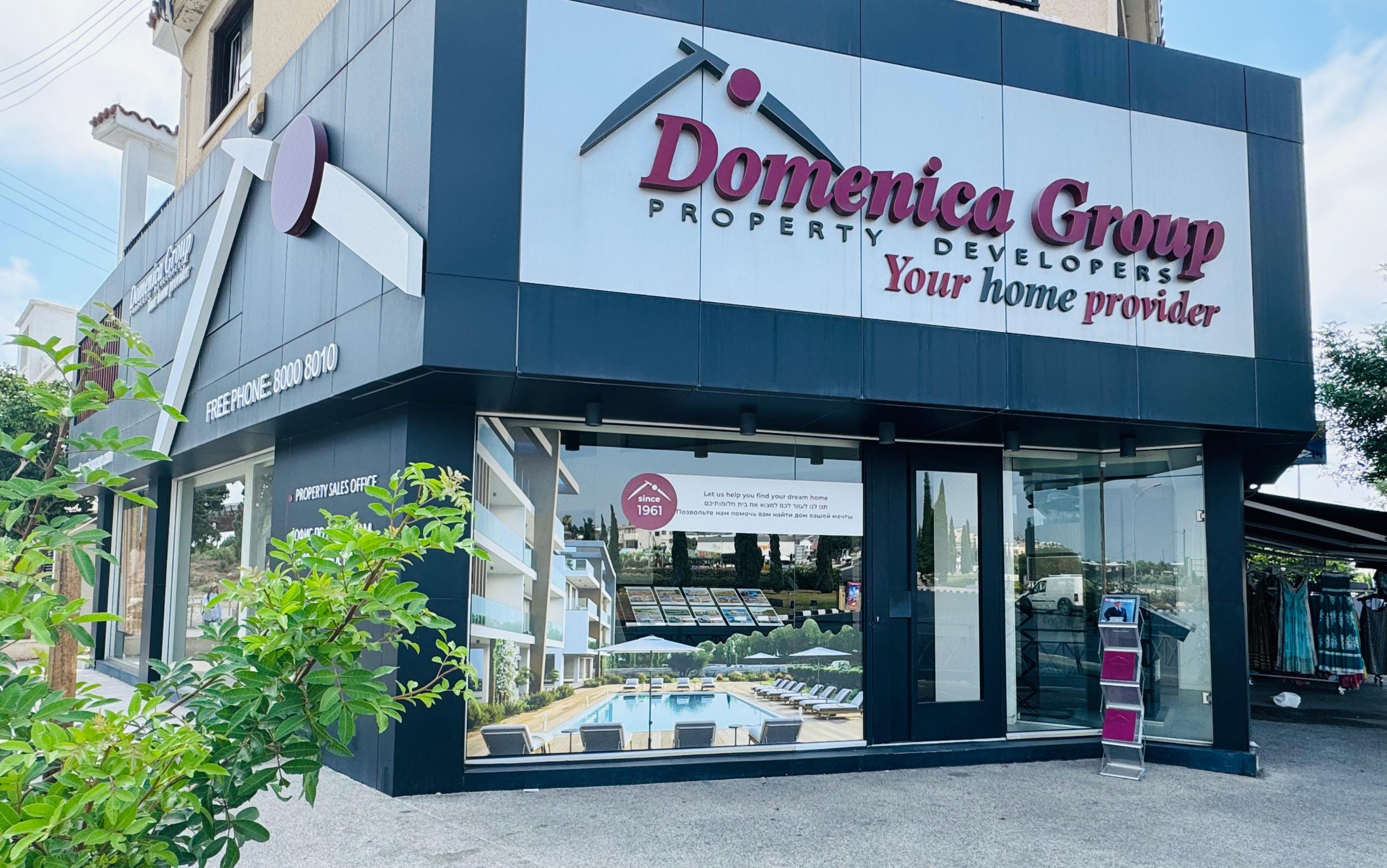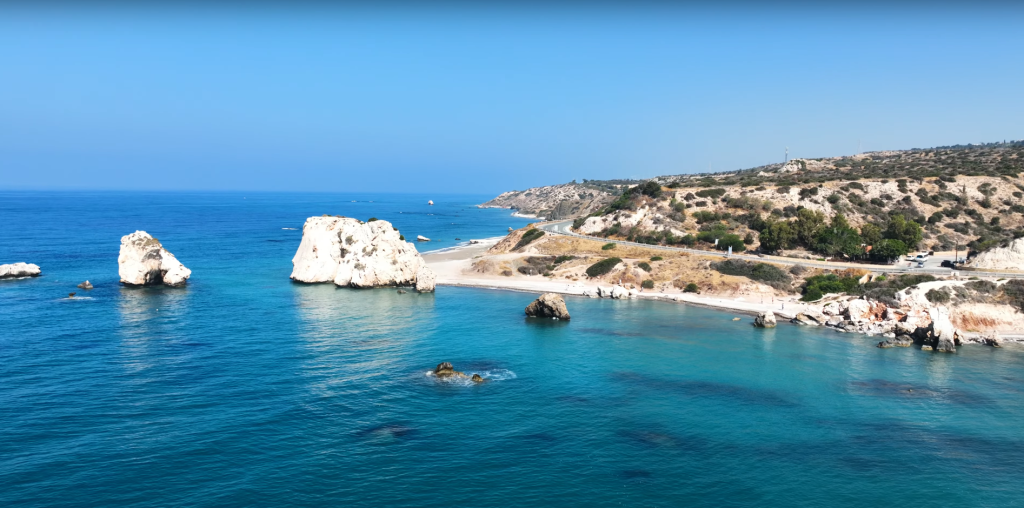Eniko Mare At Home by the Sea
Nestled in the tranquil coastal village of Kissonerga, just a few minutes west of Pafos, Eniko Mare redefines seaside living with an inspired balance of modern design, Mediterranean serenity, and timeless comfort.
A Name with Meaning
Derived from the Greek “Εν οἴκῳ” (En oiko) meaning “at home” and the Latin “Mare” meaning “sea,” Eniko Mare poetically expresses the feeling of being at home by the sea. It’s not just a residence, it’s a state of mind, where the rhythm of the waves and the calm of the coast become part of everyday life.
The Location – Kissonerga Village
Kissonerga is a hidden gem along the Pafos coastline, known for its lush green valleys and panoramic views of the Mediterranean. Just 3 km from Pafos city, 400 meters from the beach, and 25 km from the airport, this village offers a unique combination of accessibility and peaceful charm. Here, old stone houses blend seamlessly with modern architecture, while the atmosphere carries influences of Greek, European, and Middle Eastern culture. The area’s friendly
community, seaside taverns, and boutique hotels create a truly authentic Cypriot experience, one that invites both relaxation and exploration.
The Development – A Lifestyle Statement
Eniko Mare has been meticulously designed to celebrate the essence of seaside living. The project features a selection of one- and two-bedroom apartments, thoughtfully arranged across two contemporary blocks. Every residence enjoys ample natural light, clean lines, and elegant finishes, creating an environment that feels both luxurious and effortless.

Residents will have access to a suite of premium amenities, including:
– A communal swimming pool surrounded by lush landscaping
– A fully equipped gym for wellness and vitality
– A welcoming lobby that reflects the sophistication of the project
– A rooftop terrace with unobstructed sea views, perfect for sunset gatherings
– A BBQ and recreation area designed for relaxed social moments
– Changing rooms and shower facilities for comfort and convenience
Each apartment is built with high-spec materials, including upgraded thermal aluminium series, tailor-made kitchens, imported ceramic tiles, and branded sanitary ware, ensuring that every detail contributes to a refined and enduring home.

Why Eniko Mare
Whether you’re seeking a permanent residence, a holiday retreat, or a strategic investment opportunity, Eniko Mare offers the ideal blend of comfort, style, and location. With its proximity to the sea, easy access to Pafos city, and the timeless charm of Kissonerga, it stands as a rare opportunity to live the Mediterranean dream — in a place that truly feels like home.
At Home by the Sea
At Eniko Mare, life flows at the pace of the waves. The sound of the ocean, the golden light of Cyprus, and the modern elegance of your surroundings come together to create an unmatched coastal experience. It’s more than architecture, it’s a feeling of belonging.
Still have questions? Submit the form below and ask us directly, or book a
no-obligation consultation to explore your options.



